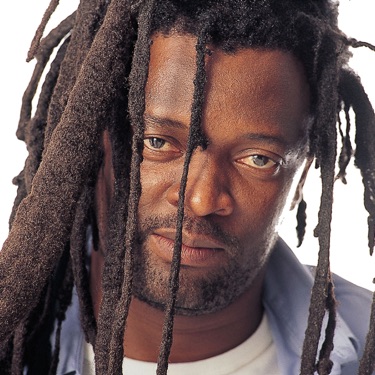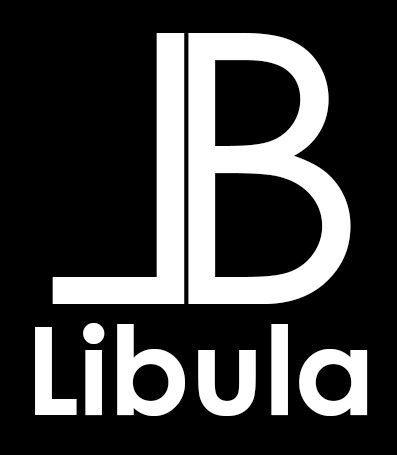
Lucky Dube, an indelible mark on the world of reggae
One Love, One Heart, Let’s get together & feel alright. These few words, recognizable among many others from Bob Marley’s famous song “One Love” have found refuge in the hearts of millions of people around the world, including a young man called Lucky, a music lover and follower of the precepts of life of the singer of the Jamaican legend.
We are on August 03, 1964 in Ermelo in South Africa and on this day, a child has just been born whom the mother decides to call Lucky Philip Dube. Lucky which means “lucky” in English, and “Dube” which means Zebra in Zulu. The choice of a meaningful name for a child who was long overdue, the fault of a series of miscarriages experienced by his mother.
Lucky grew up in a single-parent atmosphere with his brother Joe, and discovered during his adolescence the Rastafari movement, a social, cultural and spiritual movement which developed in the 1930s, and which had Jamaica as its epicenter, with its musical genre the reggae which has enjoyed worldwide success thanks in particular to Bob Marley.
The young Lucky sees in this culture everything he has always aspired to, and decides to join it. He then began to conform to the spiritual recommendations of this movement, to sing reggae, first in local dialects of his mother tongue Zulu, then took advantage of his school holidays to record his first songs at the age of 18 with The Love Brothers band. The album Lucky Dube and The Supersoul, of which he is the lead singer, was released in 1982.
Two years later, in 1984, he released his second studio album entitled Rasta Never Die entirely written and composed by himself, and it was the consecration for the native of Ermelo. The success is resounding, and all the spotlights of the world turn to South Africa, where Lucky Dube has just come to light.
Like his predecessors such as Bob Marley, he puts his music at the service of the people and makes it an instrument in the fight against racial and ethnic discrimination, against segregation and exclusion. More than just music, it becomes the voice of the voiceless, a mirror in which many people see their reflections. In his songs, he sings about his childhood, his experience, the history of Africa and the history of South Africa, denounces the socio-political problems and the oppression suffered by blacks in his country.
He performs with leading musical artists such as Michael Jackson, Celine Dion, Peter Gabriel, Sting and on stage, he is always surrounded by three singers, like Bob Marley. Despite the immense success he meets, Lucky Dube never deviates from his principles of life. He affirms to believe in the uniqueness of God, not to smoke and not to touch alcohol, while respecting the points of view and the culture of each one. He says, “If being a Rasta is having dreadlocks, smoking ganja and getting drunk, then I’m not a Rasta. I am rasta, if being rasta is a conviction, a “healthy” way of being. »
Lucky Dube only needed 43 years of existence to rise among the men who have contributed the most to improving the living conditions of South Africans, in a country plagued by apartheid and racial segregation. Indeed, on October 18, 2007, while he was with his 16-year-old son and his 15-year-old daughter, he was shot dead during an attempt to steal his car in Rosettenville, in the suburbs of Johannesburg.
Shocked by this brutal death, his fans, relatives and many artists are organizing a tribute concert on October 24 in Johannesburg.
During his career, he won numerous awards. At the 1996 Ghana Music Awards, he was ‘International Artist of the Year’, and at the World Music Awards in Monte Carlo, Serious Reggae Business won an award for ‘Best Selling Album’.
Even today, Lucky Dube remains one of the most listened to reggae artists in Africa. His songs such as It’s No Easy, Prisoner, or Nobody Can Stop Reggae have become real anthems that can be found everywhere in African capitals, and even beyond.


Post a comment